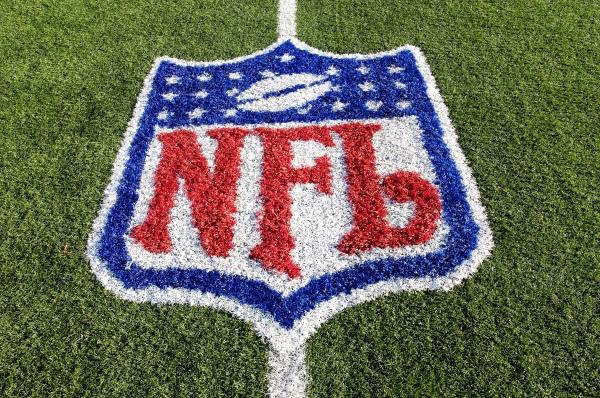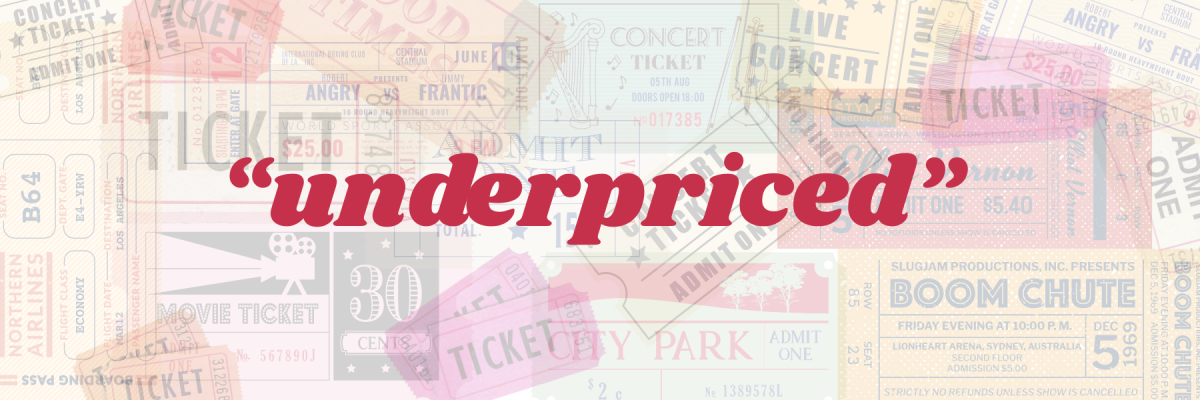Jason Kenosky
Journal Contributor
On November 2, Massachusetts voters will have the option to weigh in their opinion on Question 1, the No Sales Tax For Alcohol Initiative. A vote in favor of the measure would remove the sales tax levied on alcohol sold in stores throughout the state. A “no” vote would leave the tax in place.
In 2009, the Massachusetts State Legislature increased the state’s sales tax from 5 percent to 6.25 percent. Prior to the increase, alcohol sold in stores throughout the state was not subject to sales tax. But after the sales tax was raised, alcohol became subject to it as a means to balance the state’s budget deficit.
Proponents of Question 1 claim that the added tax on alcohol is driving consumers into the neighboring state of New Hampshire to make their purchases, causing a loss of revenue to Massachusetts package stores, especially those along the state border. The issue of potential job loss has also been raised.
Opponents of the measure cite that alcohol is not a necessity and therefore should not be exempt from taxation as necessary items like food, clothing, and prescriptions are. Money raised from the alcohol sales tax is used to fund addiction recovery and family support programs.
Alcohol sold in the state of Massachusetts is already subject to an excise tax, currently at 11 cents per gallon for beer, tying it with Rhode Island and New York as having the tenth lowest excise tax on beer in the nation. New Hampshire ranks number 37 for excise tax on beer, and beer pricing between the two states is similar.
The excise tax on wine and liquor in Massachusetts is tied with Vermont for thirteenth lowest on wine at 55 cents per gallon, and ranked sixteenth for liquor at $4.05. New Hampshire does not pose an excise tax on liquor and wine, which allows lower pricing on these items.
Massachusetts residents have a long history of purchasing alcohol in New Hampshire. While it may not be worth it to cross the border to make small beer purchases, the price differences for liquor between the states were initiative enough to do so prior to the tax. Massachusetts liquor stores along the New Hampshire border lost these costumers long before sales tax on alcohol was enacted.
The notion of a slippery slope down the road to financial ruin for package stores along the New Hampshire border is a fallacy. It is designed to scare the public into believing that Beacon Hill does not have your best interest in mind and wants nothing more than to tax you to death.
As a consumer, you have the right to purchase alcohol in whichever state you desire. Voting “yes” on Question 1 is not about the consumer. It is for those who want to undermine the current administration. If we were truly a consumerist society, then it would be our prerogative to purchase alcohol in whichever state suits our needs.
According to Massachusetts Department of Revenue, alcohol sold in the state has not decreased statewide, despite the rise in costs. The Department of Revenue reports collecting $97 million as a result of the tax on alcohol for the fiscal year of 2010 so far. The tax collected on alcohol for fiscal year 2011 is estimated to be $111 million.
A part of the deal to include sales tax on alcohol was the inclusion that revenue earned from the tax would go towards funding programs benefiting residents with addiction or behavioral problems. Massachusetts has one of the highest rates of alcoholism in the nation, so in essence, they are paying into a system they may one day require service from. Removal of the tax has the potential to cost taxpayers more in the end as they absorb the costs of treatment and other health-related issues picked up by the state.
If Massachusetts wants to compete with New Hampshire in alcohol sales, why don’t business owners lower the price on such products? A six pack of Sam Adams in California, for example, can cost the consumer $1 to $2 lower than when purchased in Massachusetts, even though California has higher sales and excise taxes at 7.25 percent and 20 cents per gallon, respectively. Competitive pricing is the means to garner business, not removal of taxes.












